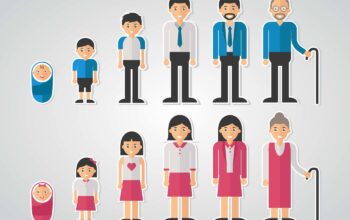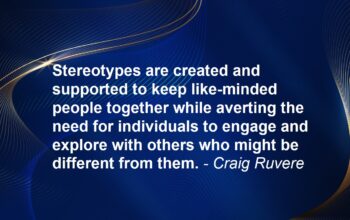“Alzheimer’s is brutal. I mean, it’s associated with losing your memory, but you don’t just forget who people are; you also forget how to talk, how to eat, how to do everything. That’s hard to wrap your head around until you actually see it.” – Seth Rogen
Not so long ago, I used to refer to myself as a teenager – living life with abandonment, passion and a sense of naivety. But while a trip down memory lane might seem like only yesterday, the reality is that twenty years have passed since pubescence transformed me from a boy into a man.
It’s amazing how time truly does escape us. I suppose John Lennon was right when he sang, “Life is what happens while you are busy making other plans.”
But at age 36, I’m still considered young by societies standards – even though my dark black hair is filled with grays, I regularly receive AARP membership applications in the mail and I’ve been offered a free power chair evaluation to help with my failing mobility. I’m still not sure how they got my name for that one!
But it’s easy to forget that while I’m getting older, so are those who’ve walked upon this earth many years before I have. Suddenly your awareness increases that with age comes a series of physical ailments, which often plague those entering the latter half of their lives. You would think that surviving 60, 70 or even 80 years of life would earn you a free pass to health and happiness, but unfortunately it doesn’t.
Sadly, I’ve been witness to what I believe is one of the most tragic and misunderstood diseases today – Alzheimer’s. The disease currently affects over 5 million Americans and unfortunately there is no cure and limited treatment options available – delaying, not stopping the memory loss, confusion and cognitive decline associated with the illness. With family members often dismissing many symptoms of Alzheimer’s as signs of aging or laziness, the number of victims affected could actually be much greater.
I watched what the disease did to my grandfather during the last few years of his life – turning a highly skilled, highly regarded and intellectual man into a pale representation of his former self. I wish I could say that he was the last person in my life I’d watch struggle with this disease, but he’s not.
When best-selling novelist Nicholas Sparks penned “The Notebook” some fifteen years ago, I doubt he had any idea how many millions of readers worldwide would find themselves relating to the characters and circumstances surrounding his fictitious tale. I suppose every author longs to inspire readers, but sometimes our own realities can often bring a story to life in ways we never imagined.
Sparks once said, “The Notebook” is the first novel that describes the heart wrenching effects of Alzheimer’s disease on two people who had loved each other all their lives.” And that perhaps is the devastating effect of this disease – forgetting the people who once made your heart skip a beat or put a smile on your face with nothing more than the touch of their hand.
Retired family therapist, Mary Ann Becklenberg, who was recently diagnosed with early-stage Alzheimer’s writes, “My husband has become my caregiver. He is the navigator and coordinator of my day-to-day life. He’s rarely short with me, but I’m often short with him – because of my frustration with myself. One of the challenges is to keep humor in our lives, to laugh about the things you forget.”


